Wouldn’t it be great if you knew exactly what you were going to be asked in your next job interview? Even better, wouldn’t it be awesome if you already knew the answers?
Luckily most interviews are pretty consistent. There’s a common set of standard questions that almost every interviewer asks. And they do a pretty good job of getting the information the interviewer wants so they can decide if you’re the best person for the job or not.
So before your next job interview, take some time to go over the following questions. Take notes and come up with solid answers.
Tell us a little about yourself…
Not only is this the ‘easiest’ question you’ll get, but it’s also the biggest trap of all them all. Avoid reciting everything already found in your resume. Not only do they already know your stats, but it kills whatever energy you’ve brought to the room. Instead, take the opportunity to present them with your well-crafted personal story. It’ll give them a sense of who you are without putting them to sleep.
What do you know about our company?
No interviewer worth their salary cares if you can only recite company statistics. What they want to know is whether or not you care about the mission of the company. Start with something that shows you know what they stand for and that you personally believe in it as well.
What’s your greatest professional achievement?
This is no time to be humble. Brag! They want the best so give them a reason to believe it’s you. An easy way to do this is to use the STAR method; Situation, Task, Action and Result. Check out this example:
“In my last position as a professional bobble-head (situation), it was my job to bobble my head back and forth (task). In the three months that I wobbled to and fro (action), I increased the happiness of my audience by 27% (result).”
Can you tell me about a challenge you’ve come across professionally and how you handled it?
The point of this question is to subtly ask you how you handle conflict in the workplace. They want to know what you’re going to do if your new work buddy, Steve, starts stealing your pencils. Focus on how you handled the situation professionally and how it ended with a positive resolution.
What’s your biggest weakness?
Avoid giving a canned answer of a theoretical weakness that’s actually a strength such as, “I get too absorbed in my work and lose track of time, therefore being much more productive than my peers around me.” Instead, choose something that’s personal, something that’s an actual weakness. Then explain what you’re doing to improve it. Honesty will impress them much more than a canned answer because if you’re honest about your flaws, you’re likely to be honest about your work, too.
Can you tell me about a time things didn’t go as planned for you at work?
Tough situations are going to happen. It’s inevitable. And your interviewer knows it. But they don’t really care about the particulars. What they’re looking for is how you navigated your way through it. Did you find an opportunity for growth? Were you self-aware? Were you able to resolve the issue effectively? Tell them what you were able to be learned from the challenge.
Can you tell me about a time you and your supervisor were in disagreement?
Again, they don’t really care about the details. The reason they ask this question is because they want to know if you can keep a level head, make good judgment calls and have courage in your own conviction. Knowing how to express a differing opinion from your boss takes guts sometimes. So show them you know how to stand your ground but you’re also willing to follow your supervisor’s lead.
Why are you leaving your current position?
Don’t tell them your boss is a pain in the neck, that you can’t stand the other employees or that the company is garbage. No one wants to hear all that negativity. Instead focus on telling them about the positives you know will come with a new job: new opportunities for growth, learning and achievement. And explain how taking this new position will be great for both you and your new company.
Why do you want this job?
When an interviewer asks this question, they’re trying to figure out if you’re there for a career or a paycheck. They want to hire someone who’s passionate about the job. Determine what you like about the position and why you love the company and share that with the interviewer.
Why should we hire you?
It’s impossible to compare yourself to people you know nothing about (the other job candidates) so tell them why you’re so incredible. Describe your passion, desire and commitment. And use the opportunity to discuss things you haven’t already brought up in previous answers.
Preparing for these questions will give you the best chance to nail your interview, get the job, save the planet and get the girl/boy. Actually, you’ll probably have to save the planet on your own time because once you get done with this interview, you’ll have a job to do.

